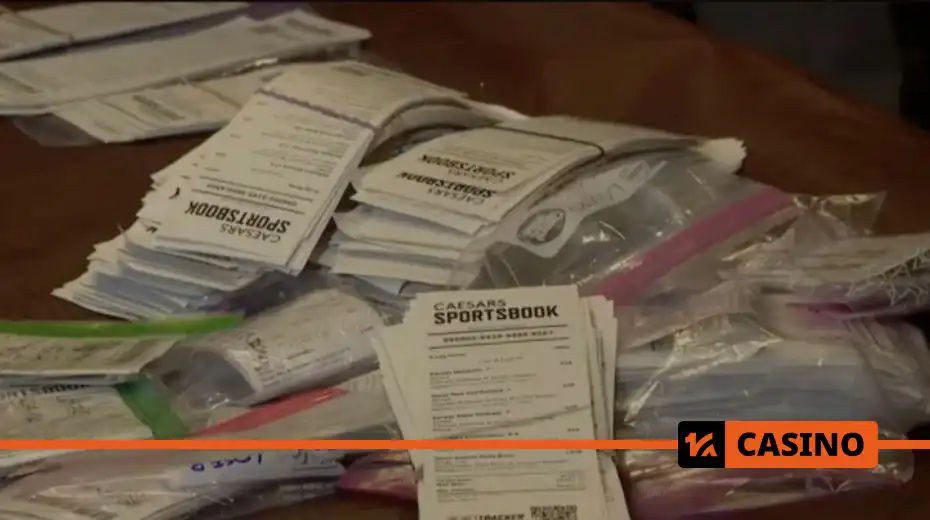McPeek’s Strategy: Betting as Precise Calculation
When it comes to large casino winnings, it seems like everything should be simple: place a bet – get your winnings. However, in practice, the situation can be much more complicated. The story of Thomas McPeek, who earned about $800,000 on sports bets, showed that even professional preparation and a well-thought-out strategy do not always protect the player. This case raises important questions about the reliability of casino rules and how such conflicts affect the overall perception of casinos.

Thomas McPeek did not rely on luck. His approach was based on:
- Deep analysis of sports events.
- Independent data collection and probability calculations.
- Searching for bets with potentially inflated odds.
- Placing “parlay” bets, where the win depended on the outcomes of several events simultaneously.
“It was a calculated attack where I thought I had an edge,” McPeek recalled.
Such a tactic required not only knowledge but also the ability to handle large volumes of information.
How Casinos Blocked the Payouts
McPeek’s success was short-lived. After a series of winning bets:
- At Horseshoe Casino (Indiana), he was denied a payout of $350,000.
- At Isle Casino (Iowa), he was refused a payout of approximately $450,000.
In both cases, the administrations referred to “violation of internal rules,” specifically to anti-money laundering policies and restrictions on repeated similar bets. However, the refusal was issued only after the outcomes of the events were determined, which became the main point of contention.

Casino Reaction to the Winnings
| Casino | Action | Amount | Status |
| Horseshoe (Indiana) | Bet annulment | $350,000 | Payout canceled |
| Isle (Iowa) | Bet annulment | $450,000 | Payout canceled |
| Blue Chip (Indiana) | Payment and ban | $127,000 | Paid out |
In some establishments, such as Blue Chip Casino, the winnings were first paid out, and only afterward was the player banned from further play.
Expert Opinions: Two Sides of the Same Coin
The situation was assessed by three independent experts:
- Scott Morrow, a lecturer from the University of Nevada, considered the casino’s actions justified:
“He tried to circumvent the system and traveled across states to bypass the rules. It’s hard to feel sympathy.”
- Eli Feustel, an author of books on betting, supported McPeek:
“If the bets had been annulled before the events started – there would be no issues. But canceling them after the wins – that’s a violation.”
Such conflicting assessments show that casino rules often leave room for different interpretations.
Player Anonymity: A Reason for Suspicion?
McPeek also used unconventional methods to stay unnoticed:
- Wore sunglasses and disguised his appearance.
- Made a series of small bets instead of one large one.
- Avoided placing bets through live cashiers.
However, experts note: striving for anonymity in itself does not violate gambling laws.
“There are no rules against staying under the radar,” McPeek commented.

What Players Should Know
This story became a serious warning for everyone who plays in offline or online casinos:
- Even legitimate winnings can be subject to review.
- It is important to carefully study payout rules, especially when using casino bonuses or making multiple bets.
- In case of disputes, it is crucial to contact regulators, although their decisions do not always favor players.
While McPeek’s case is still under review in Iowa, his experience serves as a clear lesson: large casino winnings can not only bring joy but also put the player’s relationship with the establishment at risk.


Comments
No comments yet